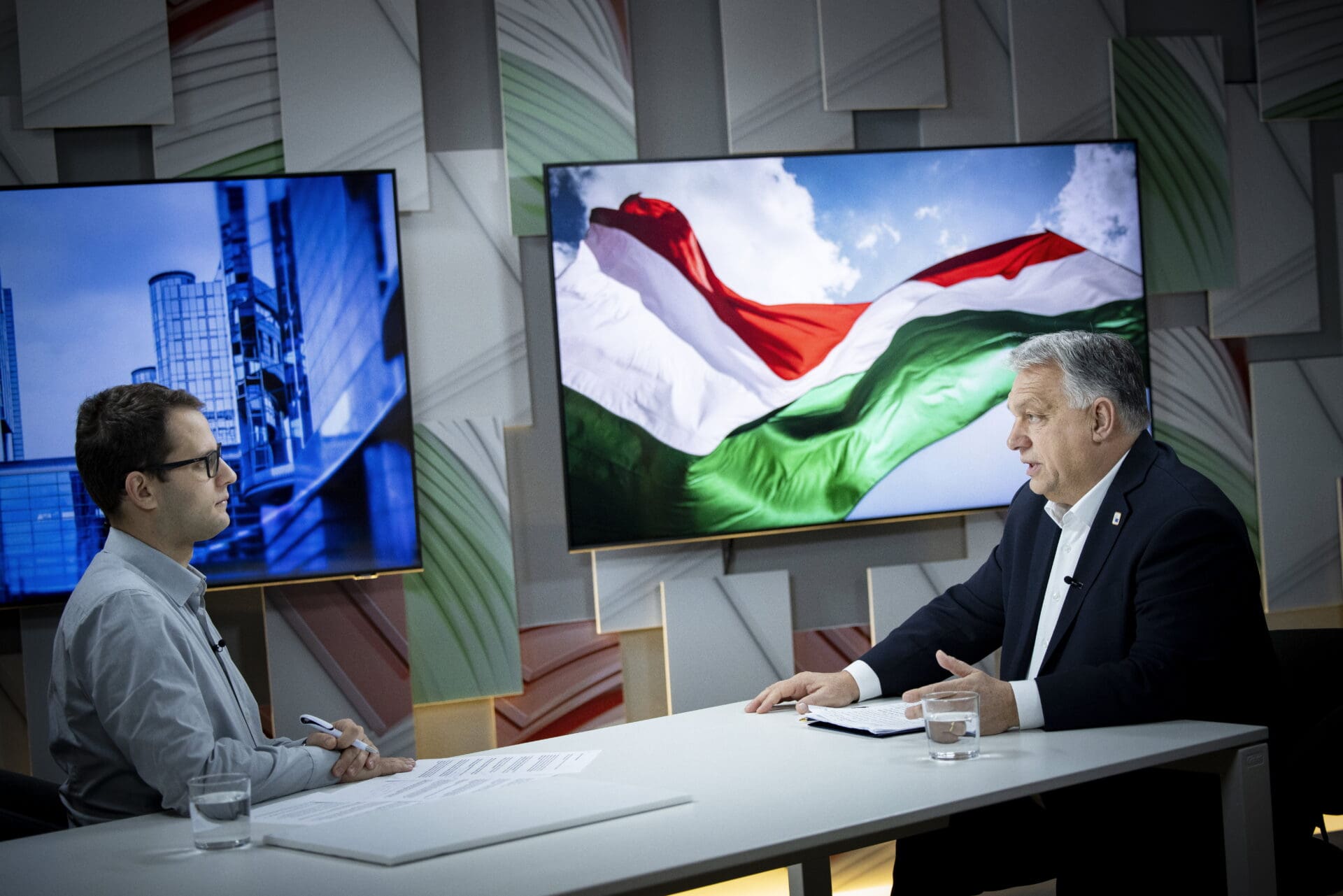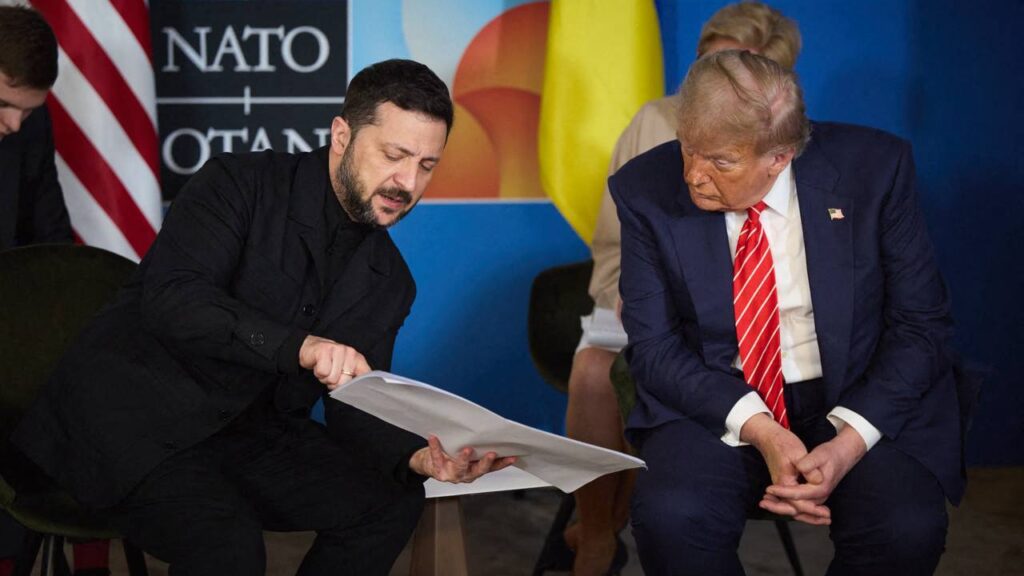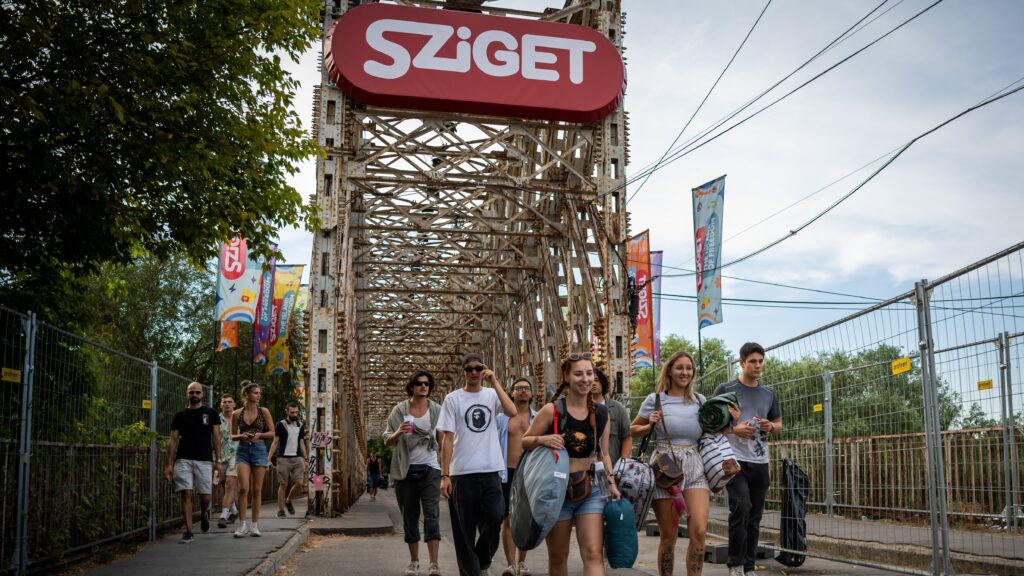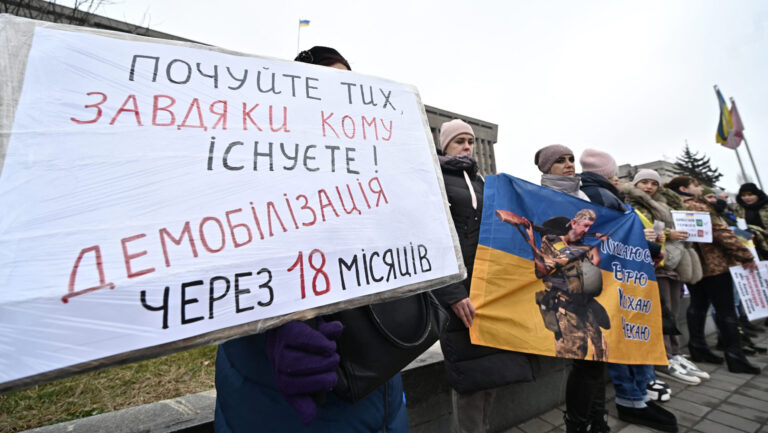The decision to start Ukraine’s EU accession talks was a ‘bad’ one with possible drawbacks, Prime Minister Viktor Orbán told public radio in an interview on Friday. Hungary, he said, would ‘not pay the financial and economic costs’. In an interview with public Kossuth radio recorded in Brussels, Orbán said the EU decision-makers ‘must bear the costs of this decision’.
EU member states, he said, wanted to ‘go in this direction, quarrelling’ and Hungary had the chance to warn that ‘this is a bad decision’. Orbán said Hungary could ‘stop this process later’, adding that the final decision on Ukraine’s membership would be made by the Hungarian parliament.
‘If the interests of Hungarian farmers must be protected, then Hungary will apply the handbrake; let there be no doubt about that,’
he declared.
The Prime Minister said the EU was in the habit of making bad decisions, and he listed the 2008 financial crisis and migration as examples, as well as the decision regarding the war in Ukraine to go ‘towards war and sanctions’ rather than in the direction of peace.
Hungary has no interest in the European Union taking out loans to finance aid to Ukraine. In the interview in Brussels, Orbán said the bloc’s money was structured in a way that only what was paid into the budget was spent. ‘We made an exception once and came out of it badly,’ he said, referring to joint borrowing for financing pandemic recovery. ‘Not everyone was allowed to access this money in the same way. This shouldn’t happen again,’ Orbán emphasized. The Prime Minister called the situation in Ukraine ‘bad’, adding that the war should not be fed with more money but stopped. ‘A ceasefire and peace negotiations are needed,’ he said. The start of Ukraine’s accession talks ‘in itself won’t harm Hungary’s interests for now’, but financing Ukraine with loans ‘is already an immediate harm to our interests’.
Regarding the unlocked EU funds, he said: ‘Better late than never … that money was due and had to be paid to us.’
Orbán added that Hungary had already fulfilled all the conditions necessary to receive the funds ‘far earlier’. ‘That money was due to us…it could be delayed and postponed and new conditions could be introduced, but in the end it had to be transferred,’ he said.
Orbán remarked that several lessons must be learnt from the recent period. The first, he said, was that the Hungarian economy could function even without EU funds. ‘Despite high inflation, the economic turmoil caused by sanctions and soaring energy prices, the Hungarian economy survived this period,’ he said. Inflation next year, he added, would be around 5 to 6 per cent and economic growth in the top range in the EU.
The second lesson, he said, was that change was needed in Brussels. ‘The fact that they were messing with Hungary this way showed that Brussels had the inclination to abuse its powers,’ he said.
The third was that what is due to a member state must be ‘handed over sooner or later no matter what’, he said. ‘Once all the money arrives, the Hungarian parliament will decide how much of it should go towards raising teachers’ wages, how much for supporting SMEs and how much for energy modernization, and so on,’ he added.
Regarding Ukraine’s accession, the Prime Minister said that Hungary did not take part in the decision at the EU summit on starting Ukraine’s EU accession process, but it vetoed 50 billion euros in financial aid for the country. Orbán recalled that he had tried to convince the other EU leaders not to put the issue of Ukraine’s accession negotiations on the agenda, and it it was placed on the agenda, however, then
to make it clear that Ukraine is not ready for EU membership,
he added. ‘It was impossible to convince them,’ he said, noting that their decisive argument was that Hungary would not lose anything, given that the final word on Ukraine’s membership was up to national parliaments, including Hungary’s. The PM said a long process lay ahead before the issue would reach the parliaments and there were around 75 occasions when the Hungarian government could halt the process. Meanwhile, Hungary was forced to veto 50 billion euros in aid for Ukraine, and an extraordinary summit was likely to be held at some point in February, when EU leaders would return to the issue.
On the issue of sovereignty, he said that Hungary’s sovereignty protection law closes loopholes ‘to prevent dollars from rolling into the Left’s till’. He said a country’s ‘greatest treasure is its independence; its sovereignty’. ‘The constitutional system serves this,’ he highlighted, stressing that albeit the Hungarian constitutional system was strong and ‘robust’, but the 2022 election campaign had revealed that there was still some room ‘for the dollars to roll in’. Hungary’s constitutional system prohibits the influencing of elections with foreign funds, he reiterated, adding that the Left had nevertheless found a way to do it, partly with the help of the left-leaning media and the support of NGOs working for them.
‘The sovereignty protection law has been introduced so as to prevent this from happening again,’
the PM nailed down.
Speaking about the issues on the foreign funding of parties and NGOs, he said that the recipients of foreign funding, ‘those that live from dollars rolling in’, are now protesting because the foreign political financing loopholes have been closed. Orbán stressed that it was those who ‘live off foreign money’ who opposed the law. ‘This is a protest by mercenaries,’ he added, stating that the law would ‘protect Hungary’s interests well’. ‘Sovereignty does not mean that the country will isolate itself from the rest of the world, because being connected to world trade provides Hungary great opportunities,’ he explained.
Commenting on the National Consultation public survey, he said the government’s task was not to shape public thinking but to understand it. People expressing their opinion, he said, would help the government when using its veto in Brussels, for example, to block ‘the attempt by 26 countries to hand out money’.
‘Knowing the country’s public opinion, knowing what the Hungarian people want, is the greatest resource for me,’ he said.
Related articles:
Sources: Hungarian Conservative/MTI








